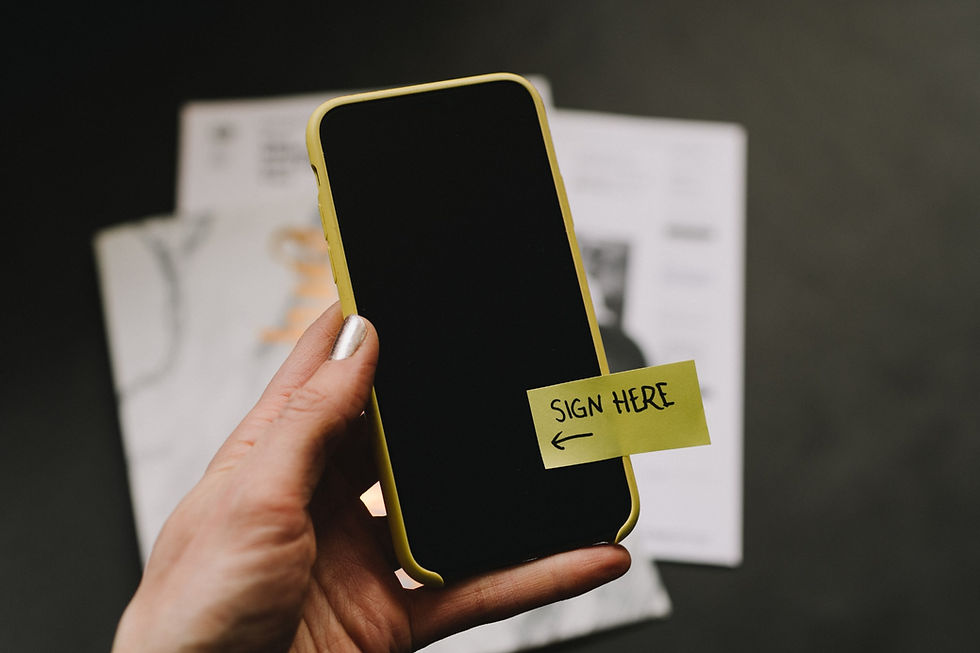USPTO Publishes Final Rule Implementing Rule Changes Affecting Foreign Trademark Filings
- Emil J. Ali

- Jul 2, 2019
- 2 min read
Updated: Aug 1, 2020
On July 2, 2019, the USPTO published a Final Rule that requires trademark applicants and registrants not domiciled in the U.S. to be represented by practitioner who is a licensed attorney in the U.S. This follows the proposed rule published on February 15, 2019, and reaction from foreign filers, including e-mail requests to practitioners asking to use their contact information on filings.
Practitioners should be mindful that the Final Rule becomes effective on August 3, 2019, and will require practitioners to abide by the new requirements, including one that would require the filing attorney to include a statement attesting to their active bar membership, as well as their bar membership state, bar number (if applicable), and year of admission. While the bar information may not be made publicly available, it is questionable why the USPTO desires to obtain that information in the first place, especially in light of the USPTO’s response to a comment stating: “…the USPTO appreciates the concern that attorney bar information may be misused by bad actors in trademark filings.” After all, the USPTO has had a number of information technology issues in recent years. While the Final Rule becomes effective on August 3, 2019, only filings after that time will require the updated bar information.

Of course, the good news for practitioners in the U.S. is that the change no longer authorizes Canadian patent agents to practice before the USPTO. Additionally, Canadian trademark agents (who are the only foreigners eligible for reciprocal recognition through 37 CFR § 11.14(c)), will now be required to associate with a U.S. practitioner because such must also be appointed in these applications. According to the Final Rule, only a U.S. practitioner will be eligible to correspond with the USPTO. This is a stark change from the previous rule, which allowed Canadian agents to practice before the USPTO with little restrictions, and the seemingly non-substantially reciprocal privileges afforded to U.S. practitioners representing clients in Canada.
U.S. practitioners should be mindful of their responsibilities, including in complying with the USPTO Rules of Professional Conduct. Of course, trademark practitioners often forget that practice before the USPTO subjects them to discipline, whether or not the conduct relates to practice before the USPTO.
Update: The USPTO has issued Examination Guide 4-19 (August 2019).
For additional information, please contact McCabe & Ali, LLP at 877-OED-4097.
This post is made available by the lawyer for educational purposes and to provide general information, not to provide specific legal advice. By using this site, you understand that there is no attorney-client relationship between you and the publisher.


Comments